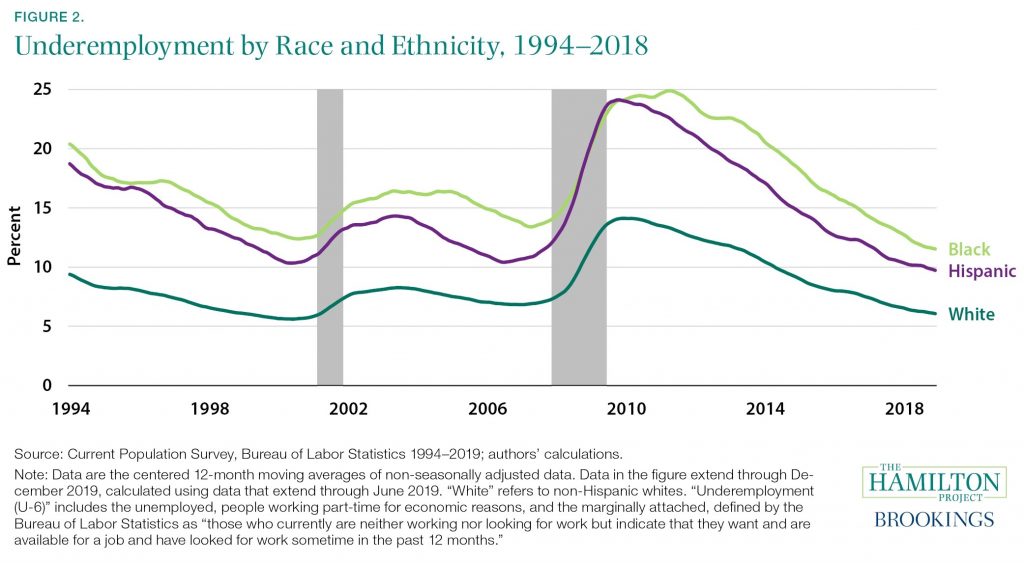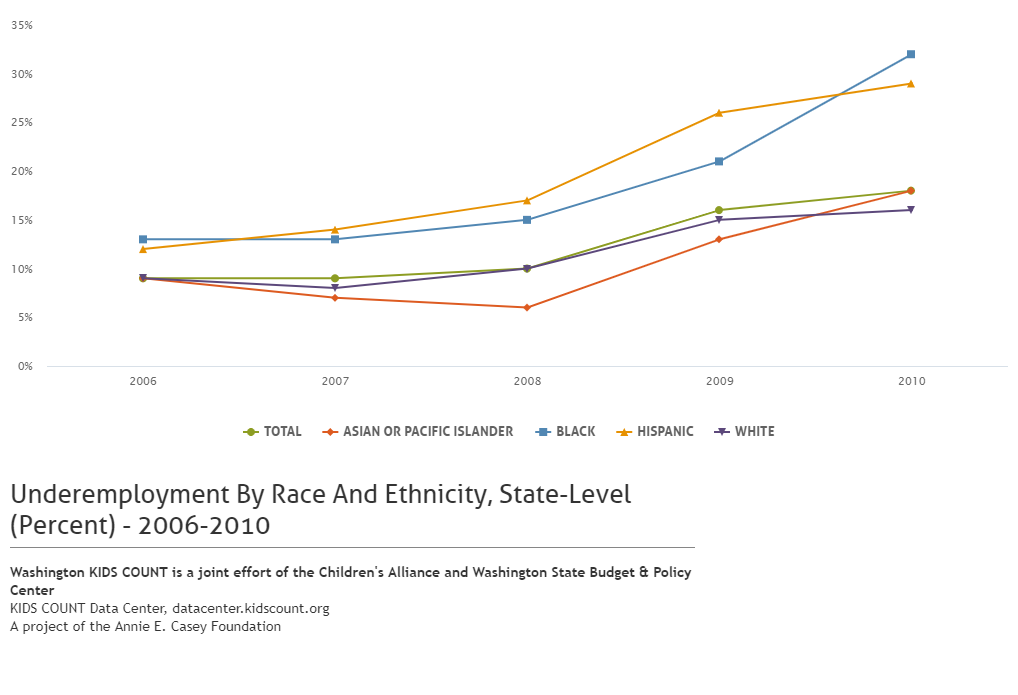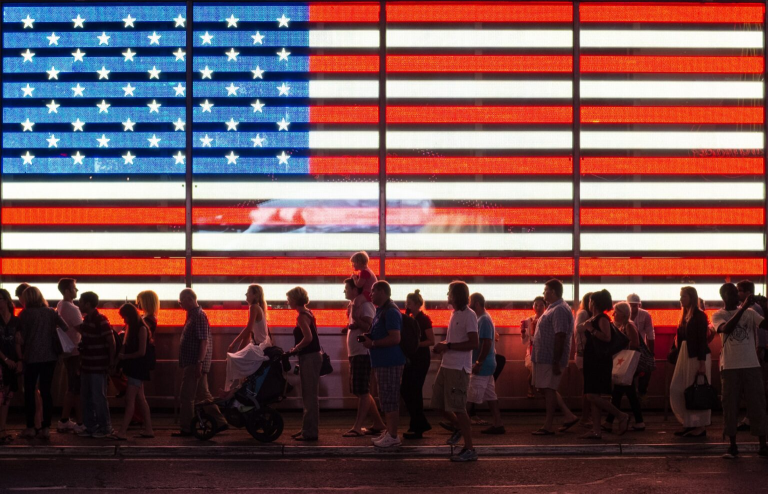The role of trade unions
There are many factors that have socially and historically contributed to wage inequalities along racial lines. But little attention is drawn to the factors that have not negatively impacted racial wage inequality, trade unions being one. Examining the history of trade unions from the late 1970s on, they have had little to no negative impact on racial wage equity.
The Economic Policy Institute analyzed the general relationship between the racial wage gap and falling wages. They found that “on average, the hourly wage of union members are 13.6 percent higher than those of otherwise similar workers… for African Americans, this union wage premium is even greater–17.3 percent.”
While these statistics highlight wage advancement, there is also a link between the decline in union membership and the increasing wage gap between white and Black Americans since 1983. The trend of unionization in the 1970s and subsequent de-unionization in the 1980s had the strongest impact on Black women.
Analyzing unionization rates, Jake Rosenfeld and Meredith Kleykamp argue that “out-groups,” or minorities, seek unions for protections against discrimination: “black workers seek shelter against discrimination in the unorganized labor market, disconfirming a purely positional account of African-Americans and labor unions.” Today, Black men and women are more likely to join a union than their white counterparts – twice as likely for women.
Not only can unions decrease the racial wage gap, but with the population of Black union members, the evolution of strikes is also racialized. The BLS report on Work Stoppages found in 2020 there were only 8 major “work stoppages” which involved 27,000 workers. According to BLS, a major work stoppage only includes strikes of 1,000 or more workers during at least one workweek shift. However, The Payday Report argues many strikes and work stoppages were underreported, especially during the Black Lives Matter movement. They count 1,100 strikes since March of 2020.
Disparities in underemployment
Although unions decrease the racial wage gap, underemployment directly contributes to the widening racial wage gap. Underemployment is the employment of laborers in part-time or inadequate jobs based on their level of education and economic needs. Such actions contribute to poverty by keeping laborers in low-wage positions. Women of color are most impacted because they are more often hired to low-wage jobs.
Underemployment inequity can be broken down by race in the American labor force. In 2011, Black workers had an underemployment rate of 25% while white and Latinx workers had rates of 5% and 7% respectively. In 2020 the rates increased for Latinx workers to 14%, decreased to 12% for Black workers, and increased to 7% for white workers. Women also experienced a higher percentage of underemployment than men: 11% and 7% respectively.

A stark example of the effects of underemployment can be found through The KidsCount Data Center, which provides underemployment data for Washington by race and by gender in the years before and after the Great Recession. Black and Hispanic workers experienced the largest movement, shifting from 13 to 32%, and 12% to 29% respectively by 2010. The white labor force’s underemployment rate increased from 12% to 16%. Overall, recent college graduates were most impacted following the Great Recession.

In order to combat the disparities of underemployment, the Center for Law and Social Policy (CLASP) released policy recommendations to decrease inequities within marginalized communities experiencing high rates of underemployment. These policies address the following: expanding work weeks, establishing minimum hour weeks to sustain earnings, increasing the minimum wage, strengthening union rights, expanding short-time compensation programs, expanding SNAP and TANF programs, and increasing access to paid leave. Such policies could contribute to decreasing the racial wage gap in similar ways to union membership.
CMAC research assistants Talia Smith and Sarah Berkowitz have researched wage inequities across racial and gender lines and across regions and vocational settings in the U.S. and Europe. These are Talia and Sarah’s insights and recommendations for future research and policy opportunities.

Talia Smith
Talia is the host/ co-producer of Once Upon a Time: A Storytelling Podcast. She is currently a graduate student at The George Washington University studying Museum Education.

Sarah Berkowitz
Sarah is an undergraduate student majoring in International Studies at American University with a minor in Arabic. She is passionate about global health, environmental sustainability, and social justice issues. In her free time she likes to read, travel, and volunteer with community organizations.



